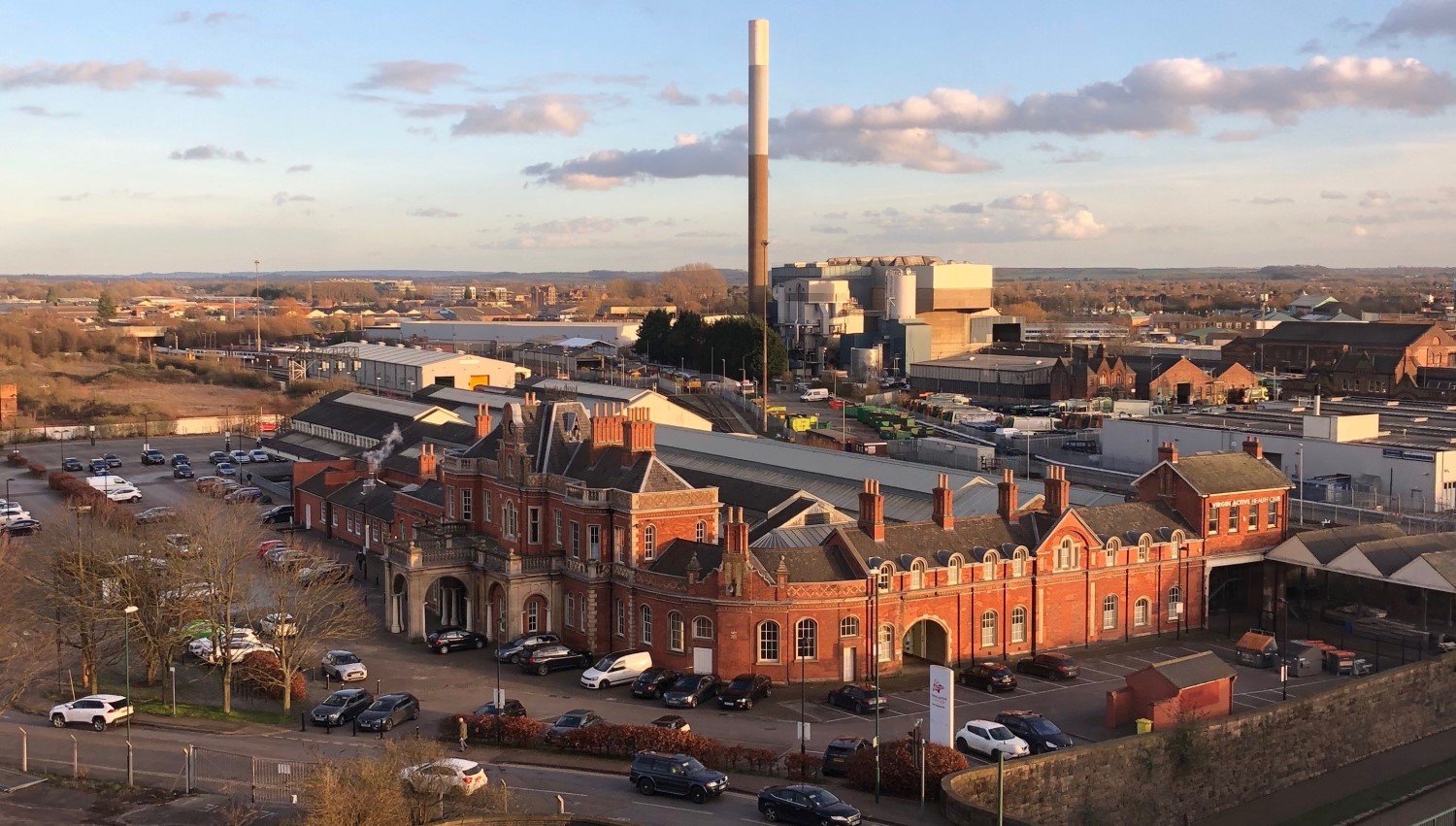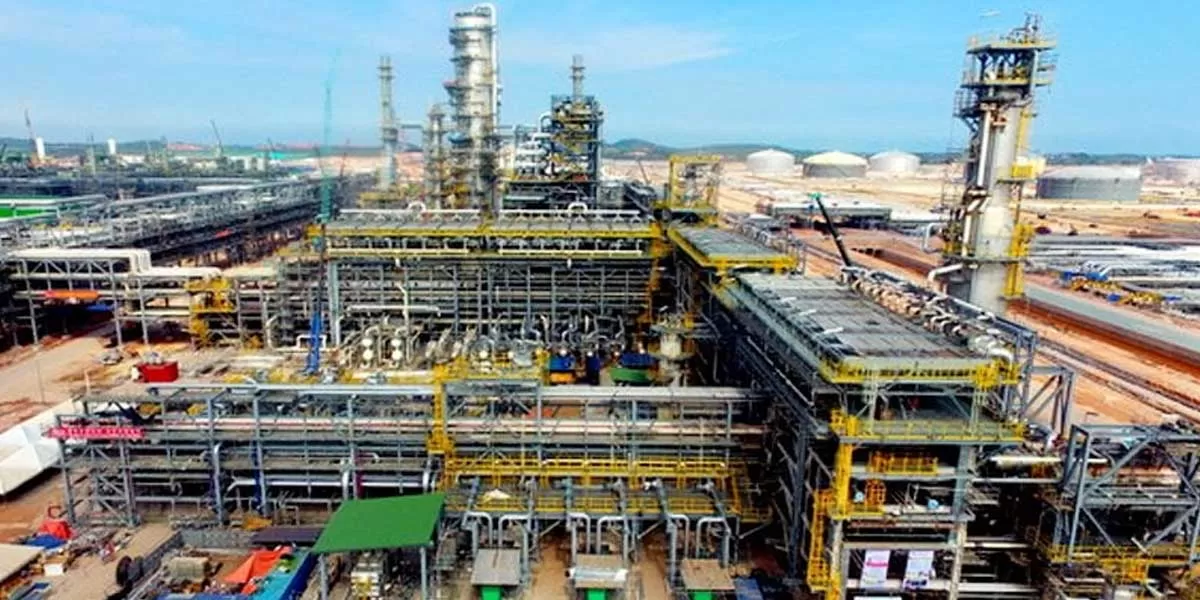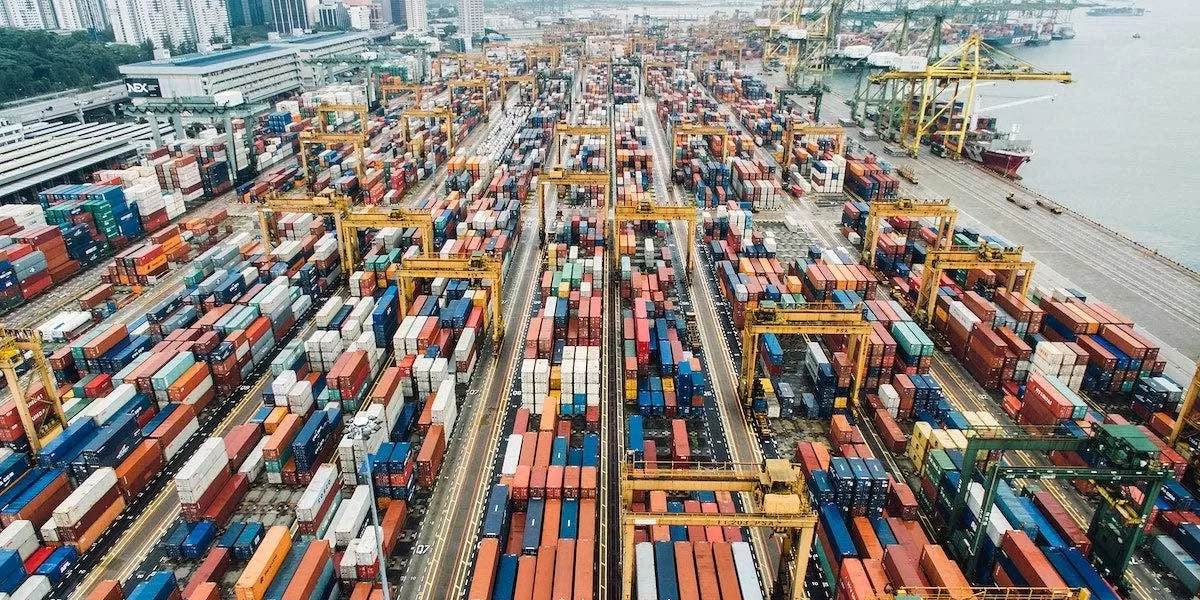

Maharashtra Budget 2025 Will Transform Employment Landscape
Maharashtra's Finance Minister and Deputy Chief Minister Ajit Pawar presented the Rs 7.20 trillion state budget for 2025-26, outlining ambitious plans for infrastructure, employment, and economic growth. With a revenue deficit of Rs 458.92 billion and a fiscal deficit of Rs 1362.34 billion, the budget focuses on large-scale investments in roads, ports, metro expansion, and irrigation, alongside job creation and AI-driven agricultural initiatives. Industry and Market Outlook Maharashtra, India's second-largest economy after Uttar Pradesh, continues to lead in industrial and financial growth. ..

Oilmax Energy to Invest Rs 4.5 Bn in Assam’s Energy and Mineral Sectors
Oilmax Energy, a leading private oil and gas company, has announced a Rs 4.5 billion investment in Assam, reinforcing its commitment to the state’s energy and industrial development. Unveiled at the Advantage Assam 2.0 Summit, attended by Prime Minister Narendra Modi and Assam’s Chief Minister Himanta Biswa Sarma, the investment focuses on biogas, oil and gas, and quartz mining. The company has signed three significant Memorandums of Understanding (MoUs) to drive these initiatives, supporting both Assam’s economic growth and India's energy security. Industry and Market Outlook India’..

Adani Ports Poised for Robust Growth Amid India's Development Push
Adani Ports and Special Economic Zone (ADSEZ) is strategically positioned to capitalise on India's long-term economic growth, supported by a diversified business model and an integrated logistics network, according to a recent Macquarie Equity Research report. The report assigns ADSEZ an "Outperform" rating, citing stable cash flows, strong revenue visibility, and an aggressive expansion strategy. The company has announced an ambitious Rs 800 billion capex plan for FY25-FY29, significantly higher than its previous investment cycle, with a focus on domestic port expansion and logistics. Indust..














